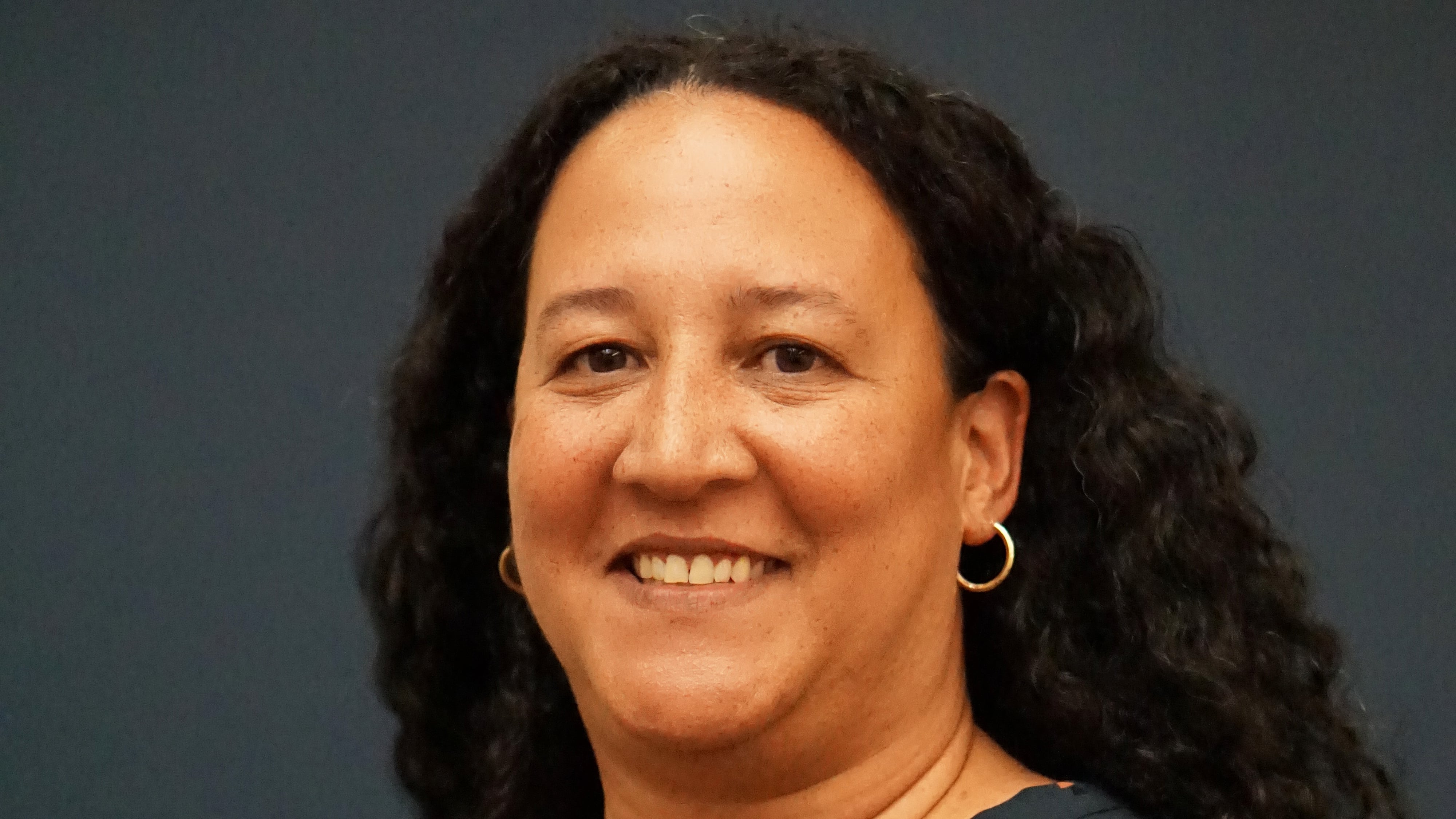A Wednesday morning briefing on potential tweaks to the Preschool for All tax showed the Multnomah County Board of Commissioners that their efforts to make the program more economically viable are more complicated than they appear on the surface.
In a series of public meetings through August, the county board will evaluate different proposals by commissioners to improve the program’s economic outlook and dissuade high earners from leaving the county.
That second goal became more pressing after Gov. Tina Kotek sent a strongly worded letter to County Chair Jessica Vega Pederson on June 10 expressing her concerns. In it, Kotek asserted that the tax was driving high earners out of the county and that those economic consequences were trickling down to other parts of the state. Although Oregon legislators backed off an attempt to kill the universal preschool initiative in the legislative session, the amendment they introduced amped up pressure on the county to adjust a program that has faced increasing scrutiny.
The two main ideas on the table today? A proposal to index the tax to inflation and another to provide tax credits to payers who qualify for preschool seats but aren’t getting them.
But it swiftly became clear that the fixes to the tax could prove more complicated than the tax itself.
Multnomah County’s universal preschool program, which voters passed in 2020, is funded by a tax of 1.5% on income over $125,000 for single filers or $200,000 for joint filers, and an additional 1.5% on income over $250,000 for single filers or $400,000 for joint filers.
Indexing the Preschool for All tax to inflation has been a topic since 2024, when the board shot down a proposal to do so. But it has gained popularity since as the county has grappled with possible taxpayer migration. (Whether a statistically significant number of millionaires actually flee high-tax states is an assertion disputed by a Cornell economist at today’s hearing.)
Though more people now pay the Preschool for All tax than in tax year 2021, the program is collecting less revenue and seeing a net decrease in its very highest earners. That leakage matters because taxpayers in the $500,000-and-up income bracket provide the majority of the revenue the tax generates.
Data indicates that high earners newly entering tax brackets that qualify them to pay the preschool tax generally make less than high earners leaving the county.
“When we implemented the Preschool for All tax at certain thresholds there was an intent to tax a certain level of taxpayers above a certain income threshold,” Eric Arellano, the county’s chief financial officer, said at the meeting. “Obviously if that doesn’t change, taxpayers…through natural growth and their wages, through cost of living, could essentially be pushed up to be subject to the Preschool for All tax.”
Preventing people from entering the tax threshold via inflation appeared to be a high priority for commissioners—though some voiced that they’d need to understand how any adjustments to revenue collection might affect the program.
But even the fiercest advocate for indexing, Commissioner Julia Brim-Edwards, didn’t express much interest in relieving top payers in the county of their tax obligations—a clear area of daylight between the county and the governor. Brim-Edwards announced Wednesday that a new indexing proposal she plans to put on the table would index the tax for most brackets, but that the “benefit of indexing [would] not accrue to the top filers.”
Brim-Edwards tells WW the highest earners in Multnomah County have been less concerned with fixing indexing, and that the focus of their complaints has been on the “very high tax rate.” She adds the County Commission’s work this month is on indexing, and that other proposals are for later consideration.
“What the preliminary data shows is the County is losing a material number of those at the highest taxable income,” Brim-Edwards says. “That is not due to indexing or a lack of indexing; it appears that the very high marginal rate which is applied in a very small geographic area that individuals can easily move out of is a likely driver.”
The meeting also covered two tax credit proposals, one by Brim-Edwards and another by Commissioner Shannon Singleton. Both address different pieces of the same problem: that some county residents who pay the Preschool for All Tax aren’t benefiting from its services, even though they have preschool-age children.
County economist Jeff Renfro analyzed both proposals, and emerged with a striking piece of data: In the most recent year of Preschool for All, he estimates that of the 1,200 applicants who did not receive a preschool seat, about half “who applied for a slot look like our taxpayers.” That number, Renfro admits, is probably too high but in the ballpark. It matches a common complaint by some Preschool for All taxpayers.
Brim-Edwards proposal is that those residing in Multnomah County who pay into Preschool for All but don’t get a seat for their child should receive a tax credit. Renfro says a high-end estimate would show the county could lose up to $4.2 million in fiscal year 2026 paying for those vouchers, a number that he expects to decline as the program ramps up the number of available seats.
Singleton’s proposal is for taxpayers who make some of their income in Multnomah County, but don’t reside in the county. She proposed issuing a tax credit to nonresident filers with 3- or 4-year-old children. Renfro’s team forecast that in tax year 2023, that proposal would have cost Preschool for All about $197,000 in revenue.
Renfro also raised a couple of points that commissioners should consider, including whether it would make sense to fund the preschool of someone’s child residing in, say, Houston. “Would we be OK with providing a tax credit for a child going to preschool in Texas?” he asked.
“There’s a number of issues that we’d want to think through here,” Renfro said. “Then we’d have to work to come up with a realistic cost estimate.”

